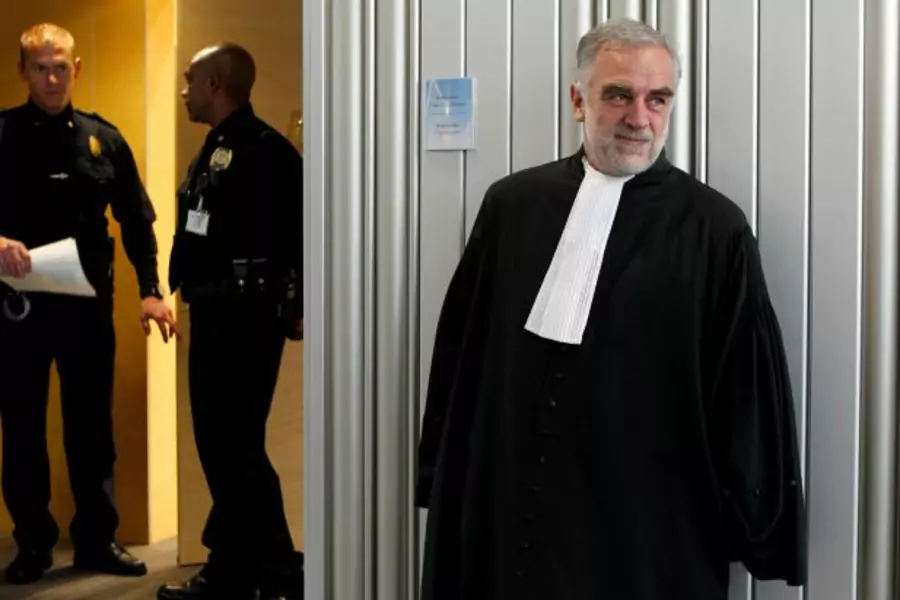More on:
In early August, the Sudanese UN envoy stated that Sudan President al-Bashir plans to travel to New York to speak at the upcoming UN General Assembly (UNGA). Al-Bashir is under indictment by the International Criminal Court. Countries that are signatory to the Rome Statute are required to apprehend those indicted and to hand them over to the International Criminal Court (ICC). That almost happened earlier in the summer when al-Bashir attended an African Union summit in South Africa. A South African superior court ordered the Zuma administration to arrest him. In that case, al-Bashir, perhaps with the connivance of the Zuma administration, left before the court’s order could be carried out. (The Zuma administration’s failure to arrest al-Bashir is still before the South African courts.)
The United States is a signatory of the Rome Statute, but the senate has never ratified it. Nevertheless, U.S. policy has generally been supportive of the court. Under the host country agreement between the United States and the United Nations, which dates from the establishment of the UN headquarters in New York, the U.S. government is obliged to issue visas to those coming to UN meetings. There is provision for rare exceptions where the individual would constitute a threat to U.S. national security. Nevertheless, the Obama administration does have legal grounds to deny al-Bashir a visa.
On the other hand, the Obama administration could issue al-Bashir a visa, and then promptly arrest him upon arrival in New York. It would then hand him over to the ICC for trial, as called for by the Rome Statute. That is the course recommended by Luis Moreno-Ocampo, the chief prosecutor for the ICC from 2003 to 2012, in a column in the August 24, 2015, New York Times. Moreno-Ocampo argues that U.S. law (the American Service-Members’ Protection Act), authorizes the executive branch “to bring to justice” those accused of atrocities. Under the Nuremberg Charter, the genocide convention, and the ICC statute, heads of state have no immunity from charges before international tribunals.
Ocampo-Moreno credibly argues that a U.S. arrest and handover would be legal. But, would such a course be in the U.S. interest? Opponents of an al-Bashir arrest might cite Sudan’s cooperation in the fight against terrorism in the region. Sudan also has an important role to play in resolution of the ongoing civil war and humanitarian disaster in South Sudan. Ultimately, the Obama administration would face a political choice, not a legal one. One can well imagine that at least some in the Obama administration hope the problem will go away; that al-Bashir will not seek to come to New York. But, should al-Bashir come, Ocampo-Moreno claims that his arrest would provide the Obama administration the opportunity to reject impunity for crimes of genocide.
The political and security costs of an al-Bashir arrest and handover might be relatively low. Khartoum is something of a political snake pit. Many Sudanese with political ambitions might be happy enough with the removal of al-Bashir. Cooperation on terrorism and the search for a solution in South Sudan might well continue after an initial period of vituperation. More problematic is the African Union, now under the presidency of Zimbabwe’s Robert Mugabe, himself accused of massive human rights abuses. It is conceivable that AU member states might renounce the Rome Statute, which most of them have signed, given the perception that the court disproportionately targets Africans. There might be a gesture of solidarity with al-Bashir in the context of the UN General Assembly. However, the UNGA is arguably the most important forum for African leaders, and they are unlikely to sabotage it for long. Few will deny that al-Bashir’s hands are covered with the blood of innocents.
More on:
 Online Store
Online Store
